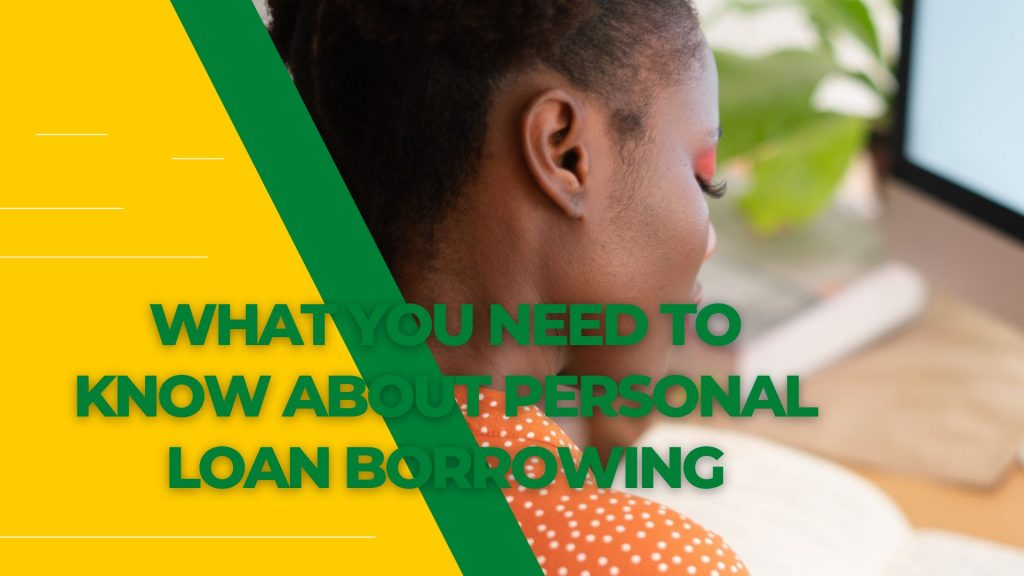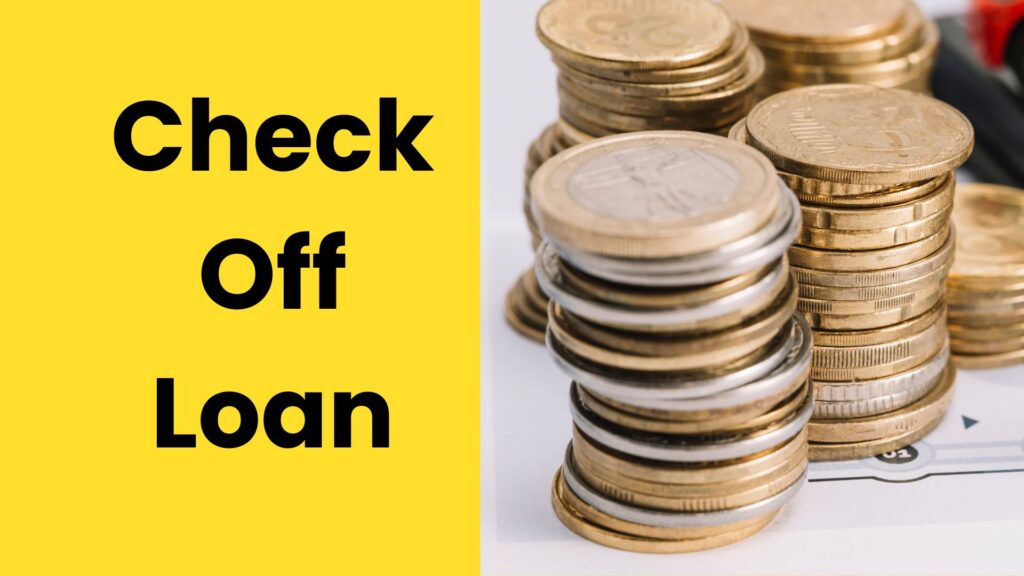Applying for a personal loan in Kenya can be a useful way to borrow money for a specific purpose, such as consolidating debt, paying for a major purchase, or financing a home improvement project. Here is a comprehensive guide on how to apply for a personal loan and the documents you will need to provide in Kenya.
What does it mean to apply for a personal loan?
Applying for a personal loan in Kenya means that you are requesting a loan from a lender, such as a bank or microfinance institution, to borrow a specific amount of money for a specific purpose. Personal loans are usually unsecured, which means they do not require collateral, such as a car or property, to be put up as security for the loan. Instead, lenders will consider your creditworthiness and ability to repay the loan when deciding whether to approve your application.
To apply for a personal loan in Kenya, you will need to provide the lender with some personal and financial information, such as proof of identity, proof of income, bank statements, and credit and debt information. You will also need to fill out an application and wait for the approval. If your loan is approved, you will need to review and sign a loan agreement that outlines the terms of the loan, including the interest rate, repayment schedule, and any fees. Once you have received the loan funds, you will need to make regular payments according to the agreed-upon repayment schedule.
Once you have received the loan funds, you will need to make regular payments according to the agreed-upon repayment schedule. The interest rate on personal loans in Kenya can vary and may be fixed or variable. It is important to carefully consider the terms and conditions of the loan, including the interest rate and fees, before making a decision.
Overall, personal loans in Kenya allow individuals to borrow money from a lender for a specific purpose and require the borrower to provide some personal and financial information, fill out an application, and agree to the terms of the loan. The borrower is then required to make regular payments according to the agreed-upon repayment schedule.
Benefits of personal loans
Personal loans can be beneficial in a number of ways. Some of the advantages of personal loans include:
- Flexibility: Personal loans can be used for a variety of purposes, such as consolidating debt, paying for a major purchase, or financing a home improvement project.
- Convenience: Personal loans are usually easy to apply for and can be approved quickly, making them a convenient option for borrowing money.
- Affordability: Personal loans may have lower interest rates and fees than other types of loans, such as credit card loans or payday loans, making them more affordable for borrowers.
- Credit building: Repaying a personal loan on time can help to improve your credit score, making it easier to borrow money in the future.
- Fixed payments: Personal loans usually have fixed repayment schedules, which can make it easier for borrowers to budget and plan their finances.
Overall, personal loans can be a useful and convenient way to borrow money for a specific purpose and can offer a number of benefits, such as flexibility, affordability, and the ability to improve your credit score.
Steps involved in taking a personal loan in Kenya
Determine your borrowing needs and shop around for lenders: Before you start the application process, it is important to determine how much money you need to borrow and what your repayment terms will be. You can compare offers from different lenders, such as banks, microfinance institutions, or online lenders, to find the one that best meets your needs. Some lenders may have specific requirements, such as a minimum credit score or income level, so be sure to check these before applying. It is also advisable to consider the interest rate, fees, and other terms and conditions of the loan before making a decision.
1. Documentation validation
To apply for a personal loan in Kenya, you will need to provide the lender with some personal and financial information. This may include:
Proof of identity: This could be a government-issued ID, such as a national ID card or passport.
Proof of income: Lenders will want to see evidence of your income, such as pay slips, tax returns, or bank statements showing your salary deposits. If you are self-employed, you may need to provide additional documentation, such as financial statements or a letter from your accountant.
2. Bank statement
Bank statements: Lenders will want to see your recent bank statements to get a sense of your financial stability and ability to repay the loan. These should show your income, expenses, and any outstanding debts you may have.
3. Debt and credit card information
Debt and credit information: Lenders will want to see your credit score and any outstanding debts you may have, so be prepared to provide this information. You can obtain a copy of your credit report from the Credit Reference Bureau (CRB) in Kenya.
4. Loan repayment
Repay the loan: Once you have received the loan funds, you will need to make regular payments according to the agreed-upon repayment schedule. It is important to make these payments on time to avoid late fees and damage to your credit score.
In summary, applying for a personal loan in Kenya requires you to gather some personal and financial information, fill out an application, and wait for the approval. If your loan is approved, you will need to review and sign the loan agreement and make regular payments according to the repayment schedule. By following these steps, you can successfully apply for a personal loan to meet your borrowing needs in Kenya. It is also important to carefully consider your borrowing needs
5. Application filling
Fill out the application: Most personal loan applications can be completed online or in person at a lender’s office. Be prepared to provide the lender with your personal and financial information, as well as any details about the purpose of the loan. You may also need to provide references or a guarantor, depending on the lender’s requirements.
6. Approval
Wait for approval: Once you have submitted your application, the lender will review it and make a decision on whether to approve the loan. This process can take a few days to a week, depending on the lender. During this time, the lender may request additional information or documentation to support your application.
7. Terms and agreement review
Review the loan terms and sign the agreement: If your loan is approved, the lender will provide you with a loan agreement that outlines the terms of the loan, including the interest rate, repayment schedule, and any fees. Be sure to review this carefully before signing. It is important to understand all the terms and conditions of the loan, including any penalties for late payments or default.
8. Loan repayment
Repay the loan: Once you have received the loan funds, you will need to make regular payments according to the agreed-upon repayment schedule. It is important to make these payments on time to avoid late fees and damage to your credit score.
In summary, applying for a personal loan in Kenya requires you to gather some personal and financial information, fill out an application, and wait for the approval. If your loan is approved, you will need to review and sign the loan agreement and make regular payments according to the repayment schedule. By following these steps, you can successfully apply for a personal loan to meet your borrowing needs in Kenya. It is also important to carefully consider your borrowing needs

